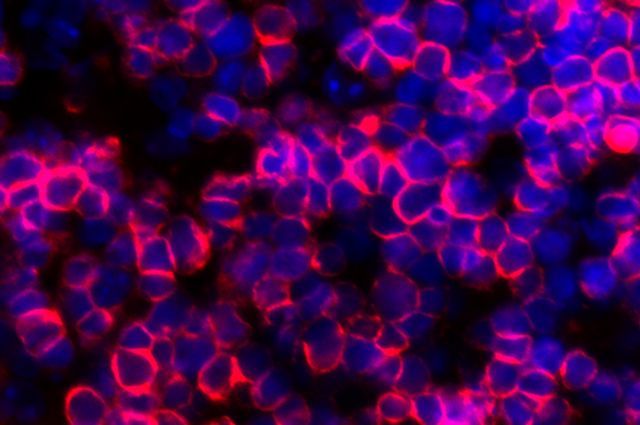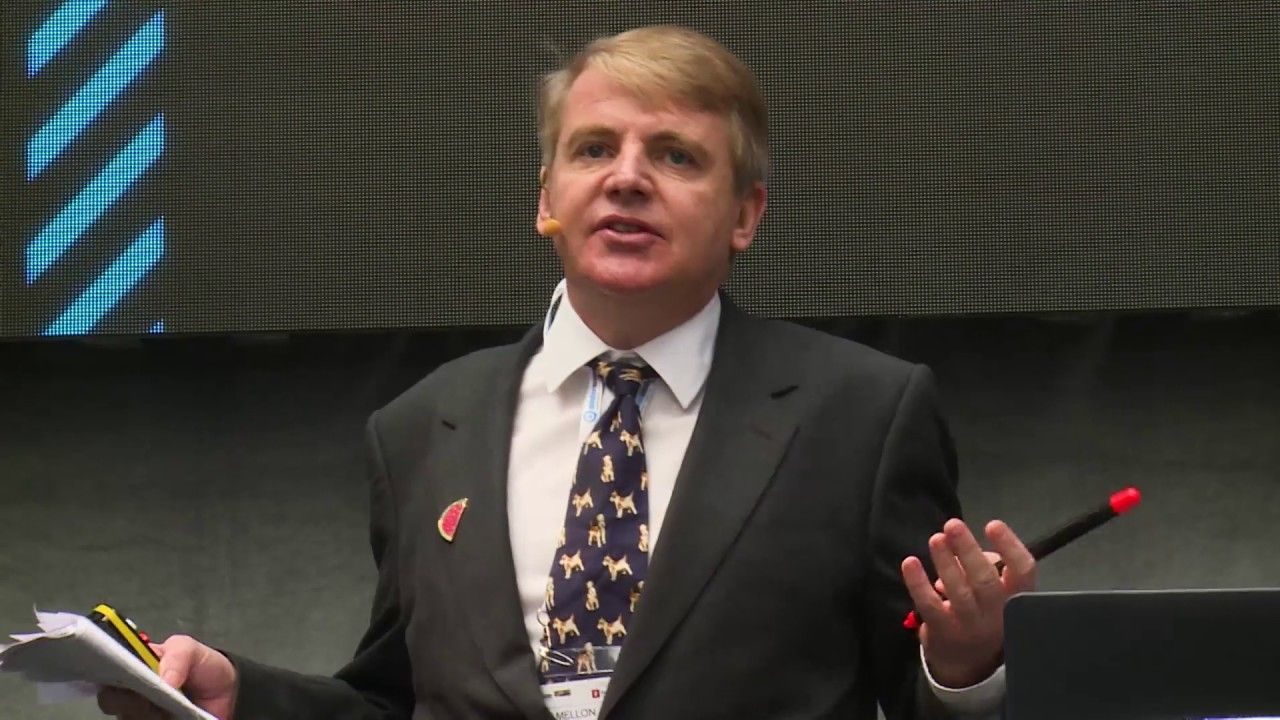Apr 9, 2017
Innovation in the Bay Area: Q&A with Nidhi Kalra
Posted by Dan Kummer in categories: biotech/medical, cybercrime/malcode, drones, education, life extension, policy, robotics/AI, satellites
For people in that area, and it may be worth while to try reaching out to them for funding for anti aging stuff.
Why is RAND opening a Bay Area office?
The San Francisco Bay Area is really at the center of technology and transformation. That’s also been a focus at RAND since our very first report, Preliminary Design of an Experimental World-Circling Spaceship, in 1946, which foretold the creation of satellites more than a decade before Sputnik.
Continue reading “Innovation in the Bay Area: Q&A with Nidhi Kalra” »
















